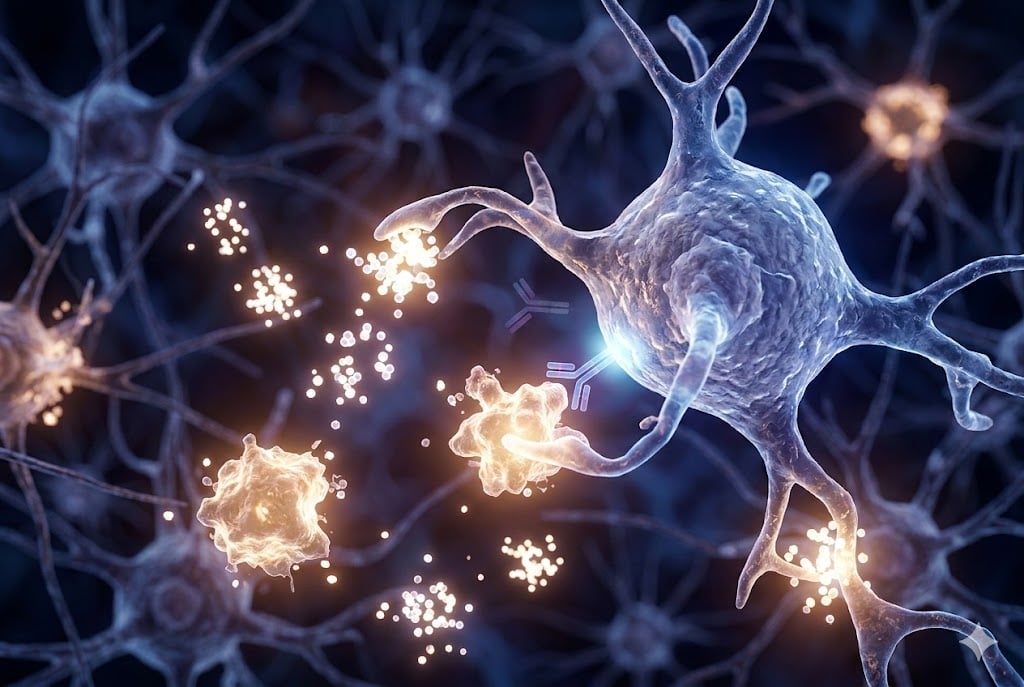
How to Choose Between Kisunla vs. Leqembi, The New Alzheimer’s Drugs
The newest Alzheimer’s drugs, Kisunla and Leqembi, are the first to actually slow down Alzheimer’s. How do they compare to each other?

The newest Alzheimer’s drugs, Kisunla and Leqembi, are the first to actually slow down Alzheimer’s. How do they compare to each other?

VIDEO + ARTICLE: Kisunla (generic name: Donanemab) slowed cognitive and functional decline 35%. Once-monthly infusions reduced Alzheimer’s plaque 84%.

Three FDA-Approved drugs, terazosin, doxazosin, and alfuzosin, have a happy side effect; they boost energy production in brain cells. New studies suggest this slows or prevents Dementia with Lewy Bodies.

A drug for Alzheimer’s, called Leqembi, might soon be given less often. Right now, patients get it through a drip every two weeks. The idea is to change this to once a month.

The unanimous 11-0 FDA vote clears an exciting path for this new Alzheimer’s drug.

South Korea joined other countries in approving LEQEMBI® (generic lecanemab) for mild cognitive impairment, mild and early Alzheimer’s. Learn how Leqembi is treating Alzheimer’s around the world.

In a span of 40 years, why did average brain size increase and dementia rates drop? A new UC-Davis study explores environmental factors behind this silent revolution.

“People with dementia living in nursing homes and in the community were prescribed less and we did not detect negative health impacts for these groups.”

LEQEMBI® is the newest Alzheimer’s drug. It is administered in hospitals via IV. Biogen applied to the FDA for approval of a home version using an “Autoinjector”. See how it works and learn its advantages.

The newest and most promising drug to fight Alzheimer’s is Leqembi. Carolyn Davis is giving it a try. Learn about the promise, the risks and how it has restored her hope,

Creating peace, calm and a sense of control over their environment is the best gift to give a person living with Alzheimer’s. Learn all about In-Home Routines.

Researchers found in a study that people who developed dementia were more likely to have their credit rating drop at least two and a half years before the diagnosis. Some had problems managing their money up to six years before. Find out more.

A personal diary of a daughter with a medical background that chronicles her journey while caring for her father with Alzheimer’s, and gives the reader the gift of both perspectives, that of a loving daughter and the trained professional.

Bringing art and creativity into elder care settings helps families reconnect with loved ones who have dementia. In this moving talk, Anne Bastings shares how.

When a hurricane hits Florida — or anywhere that has a very large population of people with dementia, there are special preparations that should be made by those living with dementia. Check these dementia-in-a-storm readiness lists.

In gardening, people with Alzheimer’s grow fresh plants along with better thinking. It’s a pleasant way to make things easier.

The co-founder of a caregivers’ organization introduces technology he has found helpful in caring for his grandmother with dementia.
No spam, only news and updates.


